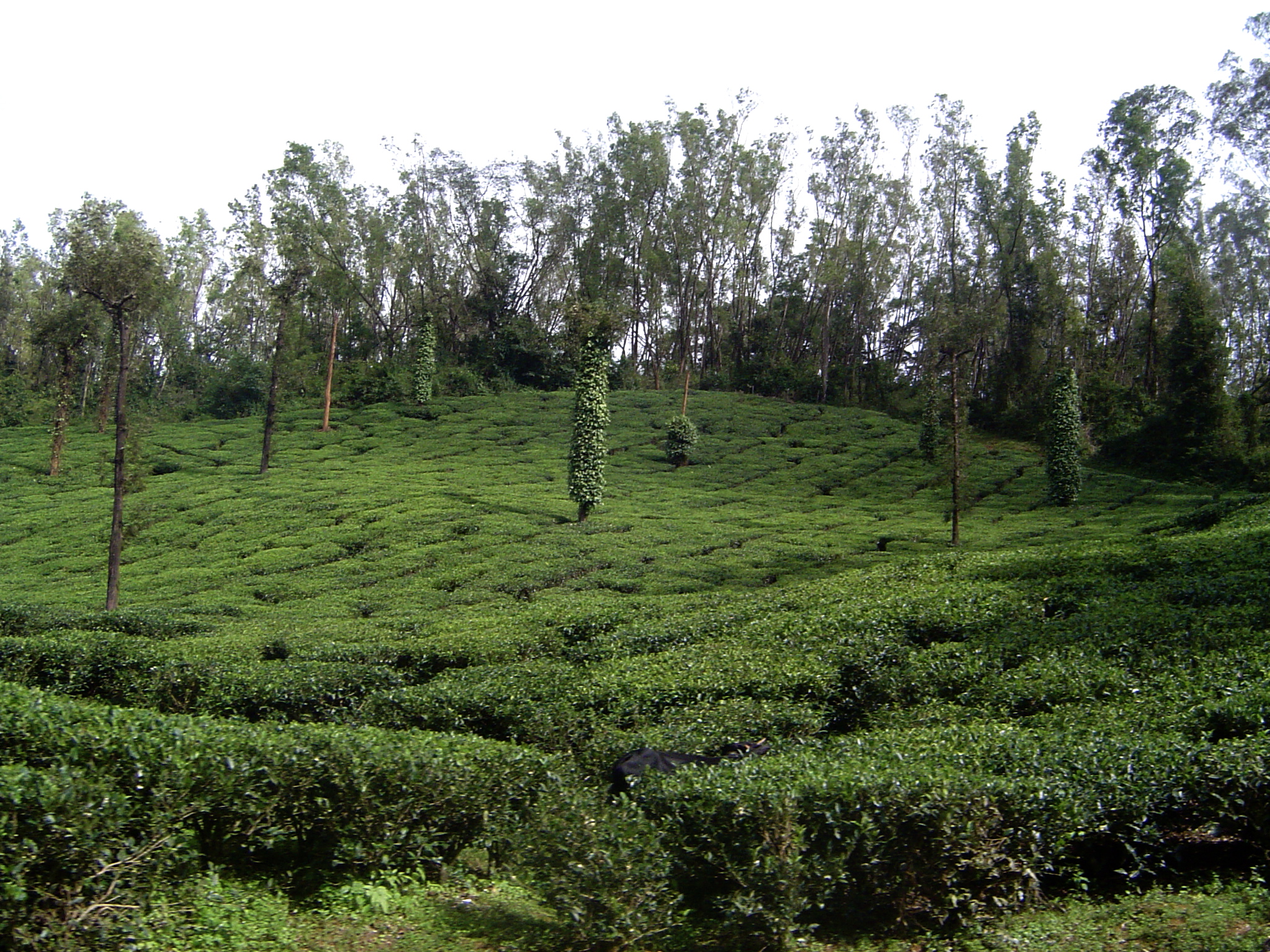India was the world’s fifth largest coffee exporter during FY 21-22, and produced 6% of the global output during FY 22-23
By Abhyjith K.A | 30 August, 2023
The European Union’s new climate change norms will raise compliance costs for India’s coffee exporters, making Indian coffee uncompetitive in the global market, said an official from one of the top coffee exporters in the country.
The data collection costs for obtaining deforestation-free certificates will force us to raise prices, eat into our margins, and make our product unviable, he said.
The exporters of coffee to the EU, along with six other commodities (soy, beef, palm oil, wood, cocoa, rubber, and their respective derivatives), will have to prove that the products have not been cultivated on land deforested after December 31, 2020, according to the new regulation.
“Coffee is only a 7% contributor to deforestation and most of the plantations were set up in the past,” said Abhishek Navalgund, Equity Research Analyst, Nirmal Bang Equities Pvt Ltd. “This has to be shown using trackers and GPS-based devices, which will increase costs,” he said.
Individual exporters purchase coffee from thousands of plantations and it is not possible for them to gather data for all of them, said the company official.
India became the world’s fifth largest exporter of coffee during FY 21-22, and produced 6% of the global coffee output during FY 22-23, as per the India Brand Equity Foundation (IBEF).
The total planted area of coffee in India amounted to 4.7 lakh hectares during FY 2021-22, as per data from the Coffee Board of India.
The government has to step in and provide the funding or incentives necessary for compliance but no agreement has been reached yet, the official added. Otherwise, India’s entire coffee industry is in trouble, he said.
The Coffee Board of India declined to comment on the matter.
Some industry experts have a more optimistic outlook on the situation.
“We (India) should also bring in some standards,” said Unnikrishnan Kottekkat, Joint Director General, Federation of Indian Export Organisations (FIEO). “Ultimately a country has to take care of its environment.”

